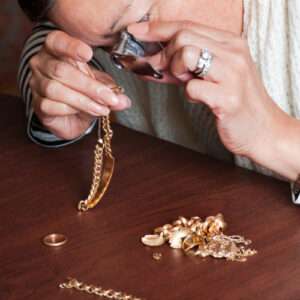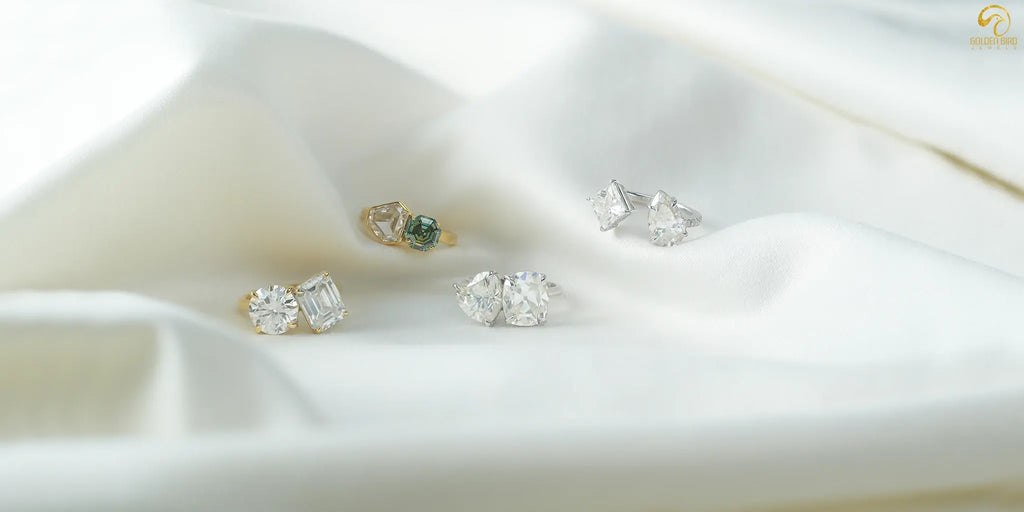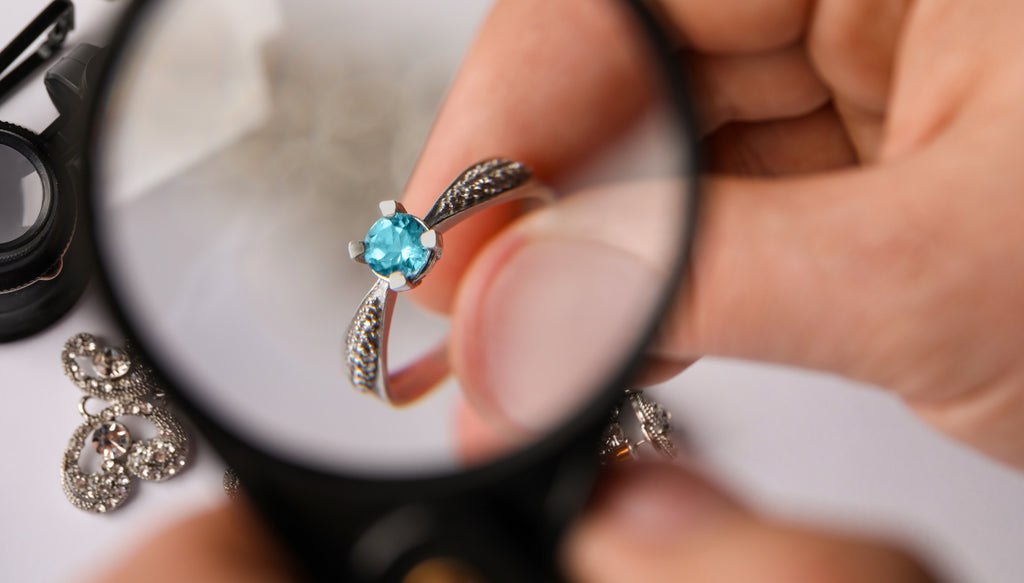Pawn shops have been a staple in communities for centuries, providing a unique blend of short-term loans, buying, and selling second-hand goods. But have you ever wondered how pawn shops determine the value of the items they accept? This comprehensive guide delves into the processes and considerations pawn shops use to evaluate everything from jewelry to electronics. Understanding these methods can help you get the best deal whether you’re pawning an item or buying something pre-owned.
Understanding Pawn Shops
Before diving into the specifics of valuation, it’s important to understand the basic operations of a pawn shop. Pawn shops offer secured loans to people, using personal property as collateral. The items pledged or sold to the shop can range from jewelry and electronics to musical instruments and collectibles. If the loan is not repaid within the agreed time frame, the pawn shop has the right to sell the item to recoup the loan amount.
Factors Influencing Item Valuation
1. Item Condition
The condition of an item is one of the most critical factors in determining its value. Pawn shops thoroughly inspect items for any signs of wear and tear, damage, or missing parts. For instance, a piece of jewelry with scratches or a smartphone with a cracked screen will fetch less value compared to items in pristine condition.
2. Brand and Model
Brand reputation and model can significantly influence an item’s value. High-end brands like Rolex, Louis Vuitton, and Apple generally retain higher values compared to lesser-known brands. Within these brands, certain models may also be more desirable than others due to rarity, popularity, or specific features.
3. Market Demand
Pawn shops constantly monitor the market to understand current trends and demands. Items that are in high demand will fetch a higher price. For example, the latest tech gadgets or trendy fashion items will be valued higher when they are currently popular among consumers.
4. Authenticity
Authenticity is crucial, especially for high-value items like designer goods, antiques, and collectibles. Pawn shops employ various methods to verify authenticity, such as checking serial numbers, certificates of authenticity, and expert evaluations. Counterfeit items or those with questionable authenticity are typically valued much lower or rejected altogether.
5. Age and Depreciation
The age of an item and its depreciation rate are also considered. Electronics, for example, tend to depreciate quickly as new models are released frequently. On the other hand, vintage items, antiques, and certain collectibles may appreciate over time if they become rarer and more sought after.
6. Completeness
Completeness of an item, including original packaging, manuals, and accessories, can significantly impact its value. Items that come with their original box and all included accessories are generally valued higher than those missing these components.
7. Gold and Precious Metals Content
For jewelry and items made from precious metals, the content and purity of the metal are key factors. Pawn shops often use tools like acid tests and electronic testers to determine the karat of gold or purity of silver. The weight of the metal is also considered to estimate its melt value.
Specific Valuation Processes for Common Items
Jewelry
Jewelry valuation is a meticulous process involving the assessment of several elements:
- Material: The type and purity of the metal (gold, silver, platinum) are examined.
- Gemstones: The type, quality, size, and number of gemstones are evaluated. Diamonds, for instance, are assessed based on the 4 Cs (carat, cut, clarity, and color).
- Design and Brand: Designer pieces or those with intricate designs can carry higher values.
- Condition: Any damage or signs of repair are noted, as they can affect the value.
Electronics
For electronics, the following aspects are considered:
- Model and Brand: High-end and recent models are preferred.
- Functionality: Devices are tested to ensure they work properly.
- Condition: Physical appearance, including scratches sell gold Melbourne, dents, and screen condition, is assessed.
- Accessories: Presence of original chargers, cables, and packaging adds value.
Musical Instruments
Valuation of musical instruments depends on:
- Brand and Model: Renowned brands and specific models that are popular among musicians are highly valued.
- Condition: Instruments are checked for wear, damage, and playability.
- Age: Vintage instruments can be highly valuable if well-maintained.
- Market Demand: Popularity among musicians and collectors is considered.
Collectibles and Antiques
For collectibles and antiques, the valuation process includes:
- Rarity: Items that are rare or part of a limited edition series are more valuable.
- Condition: Preservation state is critical; items in mint condition fetch higher prices.
- Historical Significance: Items with historical importance or provenance are prized.
- Authenticity: Verification experts or accompanying documentation is crucial.
Tools and Equipment
For tools and equipment, factors include:
- Brand and Model: Top brands and professional-grade tools have higher values.
- Condition: Items are inspected for wear, rust, and functionality.
- Age: Newer models with advanced features are preferred.
- Completeness: Original cases, manuals, and accessories add value.
Negotiation and Final Offer
Once an item has been evaluated based on the above factors, pawn shops make an offer. This offer typically represents a percentage of the item’s estimated resale value, taking into account the shop’s need to make a profit. Customers can negotiate the offer, providing evidence of higher values or comparable sales to justify their asking price. It’s important to approach the negotiation armed with research and realistic expectations.
Tips for Getting the Best Value
- Do Your Research: Understand the value of your item before heading to the pawn shop. Use online resources, appraisals, and recent sales data to get an idea of its worth.
- Present the Item Well: Clean your item and gather any original packaging, accessories, and documentation to enhance its appeal.
- Be Honest: Provide accurate information about the item’s condition and history. Honesty builds trust and can lead to better offers.
- Negotiate Respectfully: Be polite and reasonable during negotiations. Demonstrating knowledge and flexibility can help you secure a better deal.
Conclusion
How pawn shops determine value use a comprehensive and meticulous approach to determine the value of items. Understanding these factors and processes can help you navigate the pawning process more effectively, ensuring you get the best possible deal. Whether you’re looking to secure a short-term loan or sell an item outright, knowing what pawn shops look for and how they evaluate items can make all the difference.




